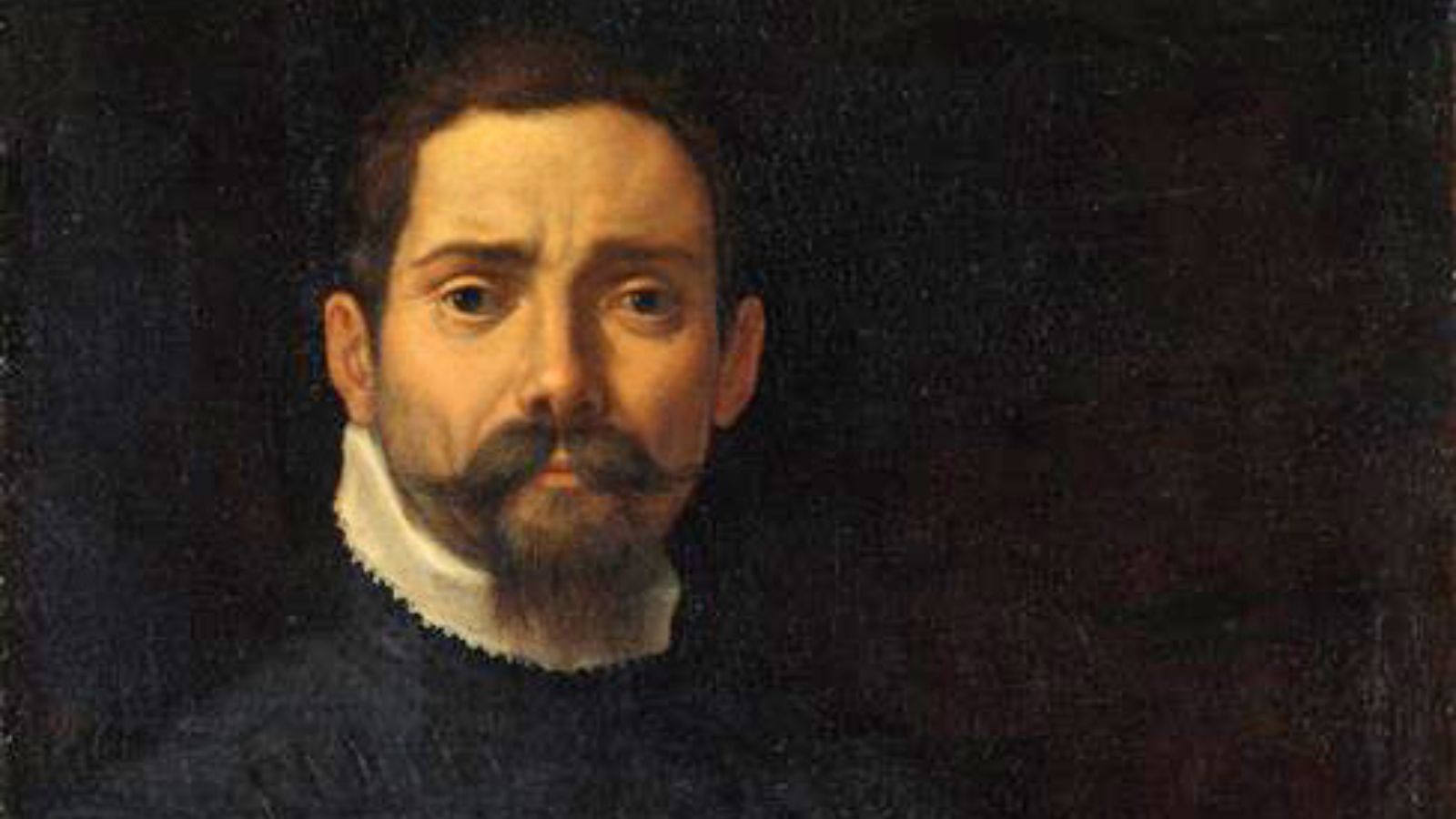
10 Fascinating Facts about Giovanni Gabrieli
Giovanni Gabrieli was a pivotal figure in the development of Renaissance music, particularly in the realm of polychoral compositions. Here are 10 fascinating facts about[…]
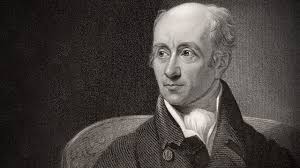
10 Fascinating Facts about Muzio Clementi
Muzio Clementi, an Italian composer, pianist, and conductor, left an indelible mark on the classical music landscape of the late 18th and early 19th centuries.[…]

Muzio Clementi – Biography and Life
Muzio Clementi, an Italian composer, pianist, conductor, and music publisher, left an indelible mark on the landscape of classical music during the late 18th and[…]
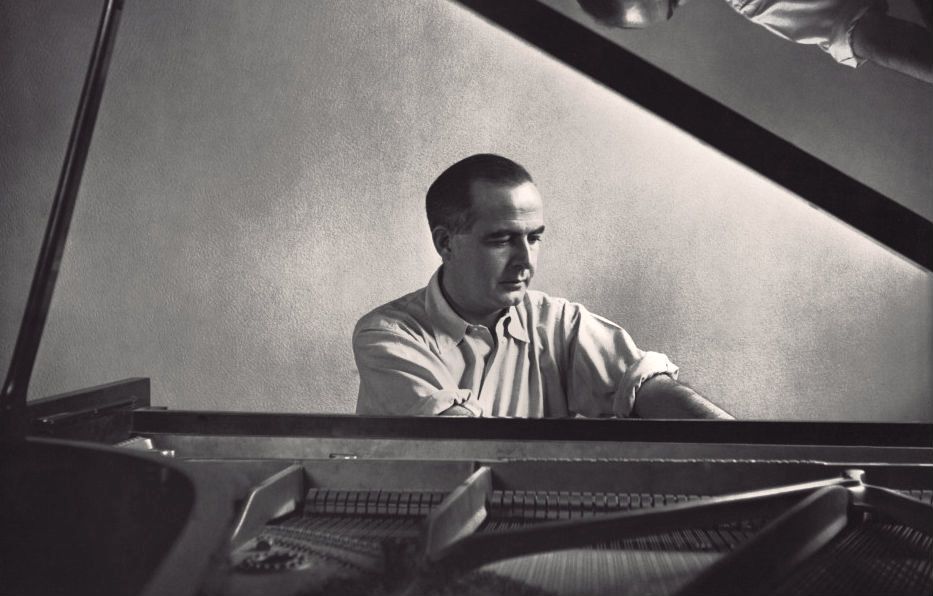
Samuel Barber – Biography and Life
Born on March 9, 1910, in West Chester, Pennsylvania, Samuel Osborne Barber II was destined to become one of America’s most celebrated composers. From an[…]
10 Fascinating Facts about Emmanuel Chabrier
Emmanuel Chabrier was a French composer known for his lively and colorful music that often captured the essence of French culture and spirit. Here are[…]
Emmanuel Chabrier – Biography and Life
Emmanuel Chabrier was a prominent figure in the realm of French classical music during the late 19th century. Born on January 18, 1841, in Ambert,[…]
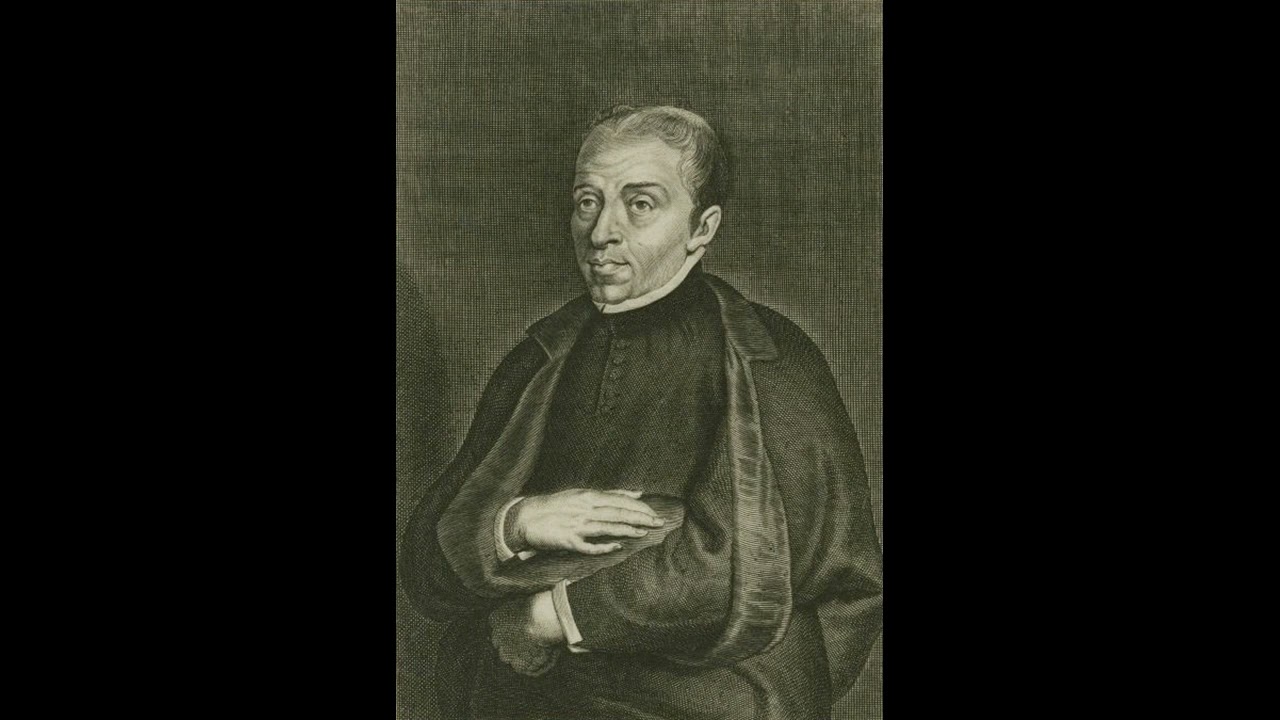
Duarte Lobo – Biography and Life
Duarte Lobo was a prominent figure in the realm of Portuguese music during the Baroque era. Born in Alcáçovas, Portugal, around the year 1565, Lobo’s[…]
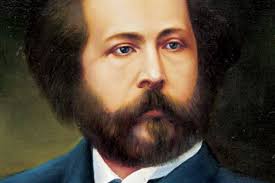
10 Fascinating Facts about Édouard Lalo
Édouard Lalo was a French composer whose works played a significant role in the development of French music during the Romantic era. Born on January[…]
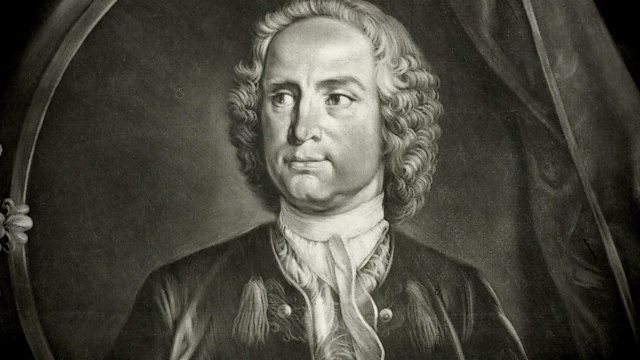
Pietro Locatelli – Biography and Life
Pietro Antonio Locatelli, an Italian Baroque composer and violinist, was born on September 3, 1695, in Bergamo, Italy. He emerged as one of the most[…]
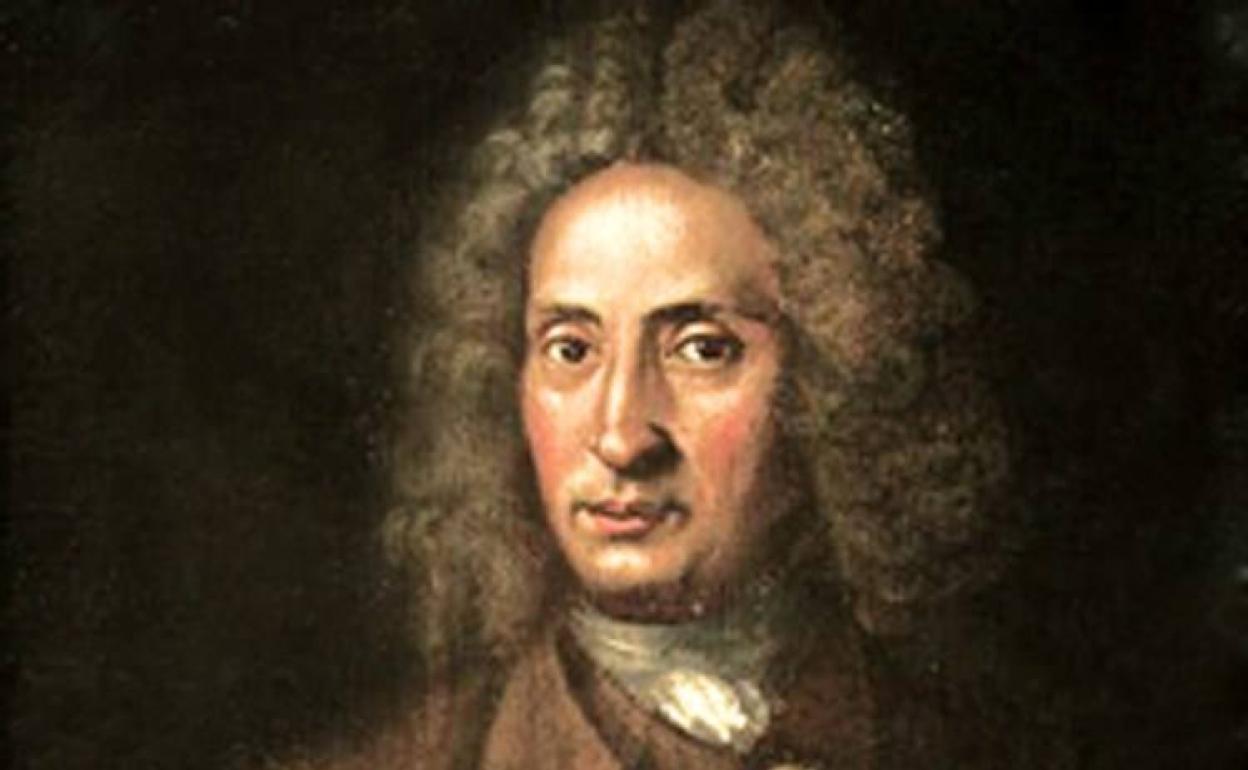
10 Fascinating Facts about Tomaso Albinoni
Tomaso Albinoni was an Italian composer who left an indelible mark on the Baroque music landscape of the 17th and 18th centuries. Born on June[…]